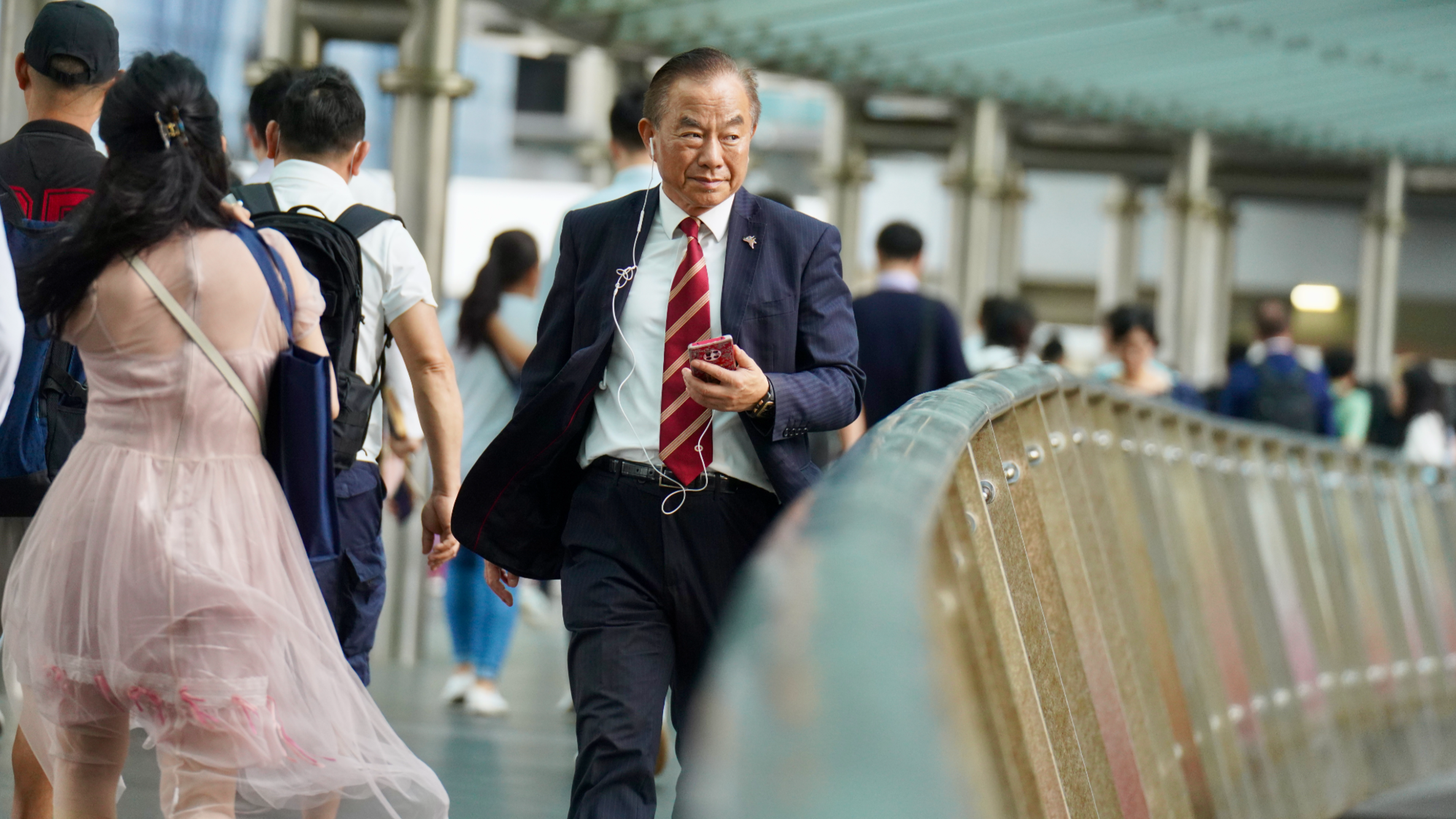
Hong Kong’s private sector sentiment remained downbeat in July, but the pace of decline eased from the previous level and the level of pessimism was less pronounced than the series average.
The S&P Global Hong Kong SAR Purchasing Manager’s Index rose to 49.5 in July, up from 48.2 in June, but the figure is below the reading of the 50 neutral mark for the third consecutive month.
The index is compiled by S&P Global by interviewing around 400 private sector companies from manufacturing, construction, wholesale. Retail and services, regarding their prospect prediction in five areas: new orders, output, employment, suppliers’ delivery time, and stocks of purchases.
ALSO READ: HK economy grows 3.3%, meeting expectations
The July index reading showed incoming new orders and output is falling at softer rates. New export orders and employment levels decreased while new business from the Chinese mainland returned to growth.
Margin pressures have eased for business firms in the special administrative region as average input costs rose at the slowest pace since early 2021, while enterprises showed willingness to raise selling prices in July.
“The index indicated business conditions remained subdued, but the downturn has started to lighten at the start of the second half of this year,” said Pan Jingyi, economics associate director at S&P Global Market Intelligence.
“Firms have kept purchasing activity in expansion with the anticipation of future needs. It will be important to see a turnaround in demand conditions to rejuvenate growth across measures of activity and employment,” Pan added.
ALSO READ: Poor demand, typhoon, inflationary supply chain hammer HK PMI
Global economics advisory firm Oxford Economics expected Hong Kong’s economic momentum to slow further in the third quarter, and economic activity is likely to remain soft overall this year, as contraction in private consumption weighed on growth in the second quarter.
“The strong export-led start of the year was a meaningful boost and goods exports should remain resilient but external demand is subject to downside risks such as rising tariff related to geopolitical tensions and the lagged effects of higher interest rates,” said Adam Samdin, assistant economist at Oxford Economics.
“The tourism recovery has been modest and private consumption is likely to be flat this year compared to 2023 due to tight monetary conditions, withdrawal stimulus, and persistent weakness in the housing market,” Samdin added.
READ MORE: Survey: HK economy sees slower contraction amid rising PMI
The economist predicted Hong Kong economy will expand 3.6 percent year-on-year this year, slightly higher than the 3.3 percent growth rate registered last year.


